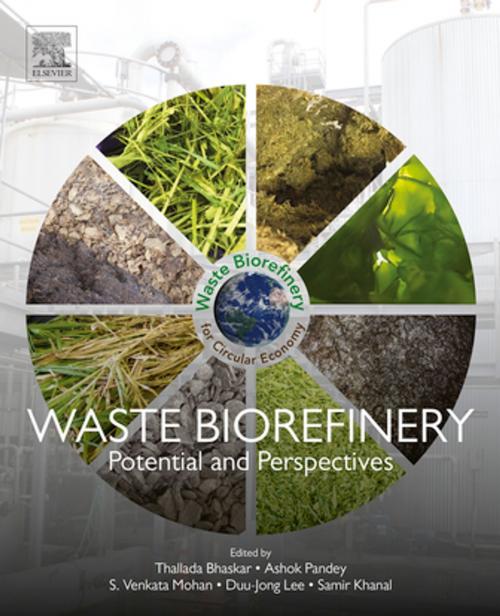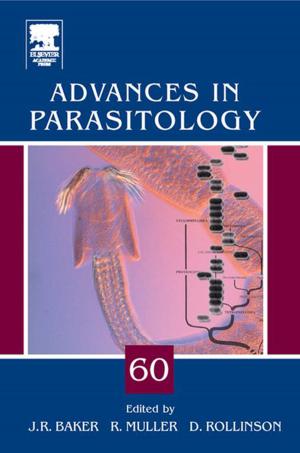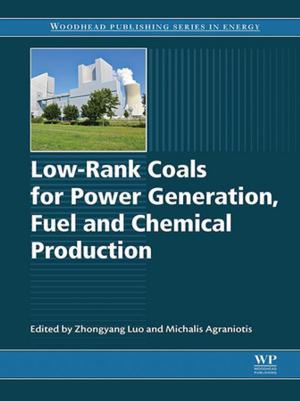Waste Biorefinery
Potential and Perspectives
Nonfiction, Science & Nature, Technology, Engineering, Chemical & Biochemical, Science, Biological Sciences, Biotechnology| Author: | ISBN: | 9780444639936 | |
| Publisher: | Elsevier Science | Publication: | April 13, 2018 |
| Imprint: | Elsevier | Language: | English |
| Author: | |
| ISBN: | 9780444639936 |
| Publisher: | Elsevier Science |
| Publication: | April 13, 2018 |
| Imprint: | Elsevier |
| Language: | English |
Waste Biorefinery: Potential and Perspectives offers data-based information on the most cutting-edge processes for the utilisation of biogenic waste to produce biofuels, energy products, and biochemicals – a critical aspect of biorefinery. The book explores recent developments in biochemical and thermo-chemical methods of conversion and the potential generated by different kinds of biomass in more decentralized biorefineries. Additionally, the book discusses the move from 200 years of raw fossil materials to renewable resources and how this shift is accompanied by fundamental changes in industrial manufacturing technologies (from chemistry to biochemistry) and in logistics and manufacturing concepts (from petrochemical refineries to biorefineries).
Waste Biorefinery: Potential and Perspectives designs concepts that enable modern biorefineries to utilize all types of biogenic wastes, and to integrate processes that convert byproduct streams to high-value products, achieving higher cost benefits. This book is an essential resource for researchers and students studying biomass, biorefineries, and biofuels/products/processes, as well as chemists, biochemical/chemical engineers, microbiologists, and biotechnologists working in industries and government agencies.
- Details the most advanced and innovative methods for biomass conversion
- Covers biochemical and thermo-chemical processes as well as product development
- Discusses the integration of technologies to produce bio-fuels, energy products, and biochemicals
- Illustrates specific applications in numerous case studies for reference and teaching purposes
Waste Biorefinery: Potential and Perspectives offers data-based information on the most cutting-edge processes for the utilisation of biogenic waste to produce biofuels, energy products, and biochemicals – a critical aspect of biorefinery. The book explores recent developments in biochemical and thermo-chemical methods of conversion and the potential generated by different kinds of biomass in more decentralized biorefineries. Additionally, the book discusses the move from 200 years of raw fossil materials to renewable resources and how this shift is accompanied by fundamental changes in industrial manufacturing technologies (from chemistry to biochemistry) and in logistics and manufacturing concepts (from petrochemical refineries to biorefineries).
Waste Biorefinery: Potential and Perspectives designs concepts that enable modern biorefineries to utilize all types of biogenic wastes, and to integrate processes that convert byproduct streams to high-value products, achieving higher cost benefits. This book is an essential resource for researchers and students studying biomass, biorefineries, and biofuels/products/processes, as well as chemists, biochemical/chemical engineers, microbiologists, and biotechnologists working in industries and government agencies.
- Details the most advanced and innovative methods for biomass conversion
- Covers biochemical and thermo-chemical processes as well as product development
- Discusses the integration of technologies to produce bio-fuels, energy products, and biochemicals
- Illustrates specific applications in numerous case studies for reference and teaching purposes















